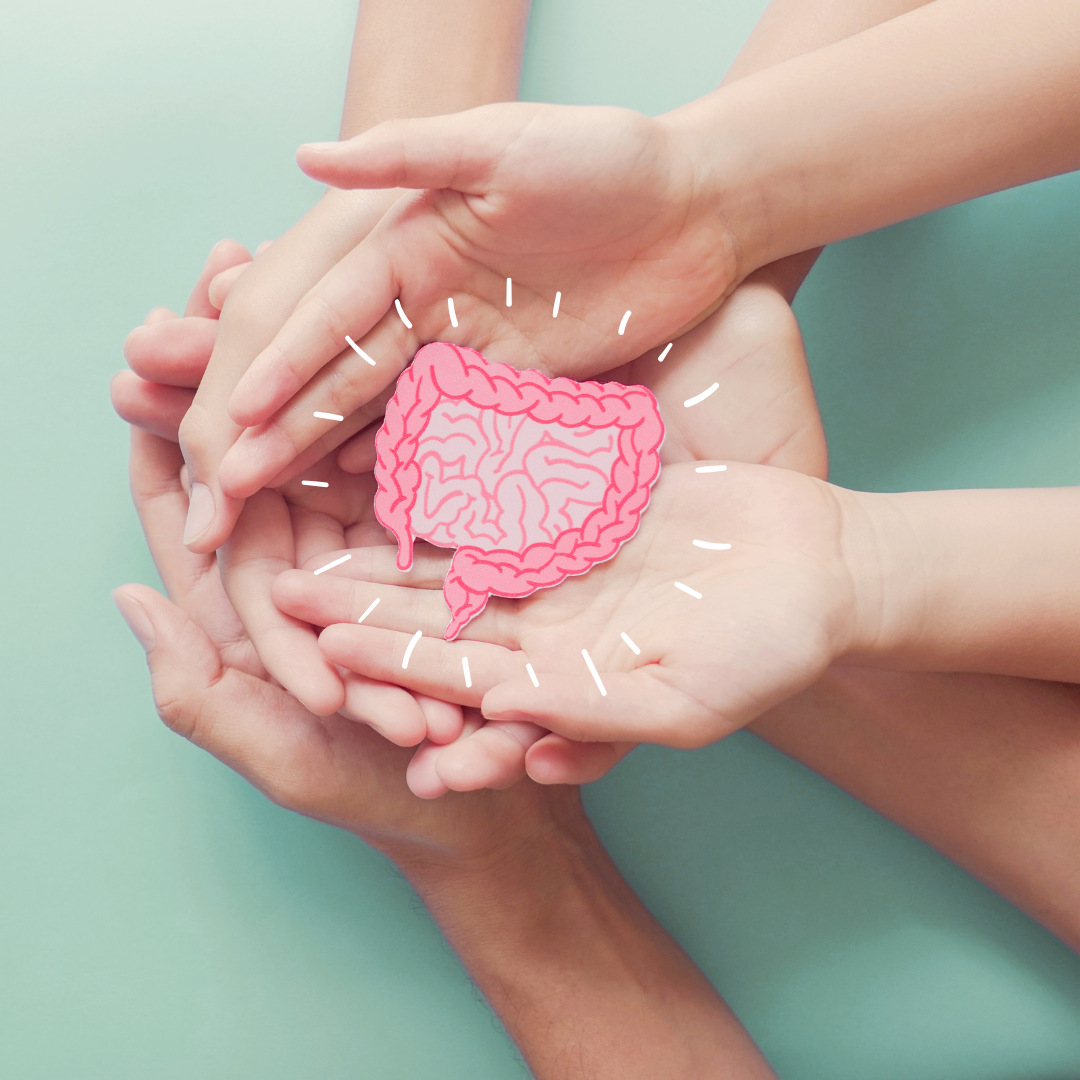If you’ve followed me for any length of time, it probably seems likely that I will somehow connect gut health with any and all things happening in the body, haha! Well so as not to disappoint, I will again, here!
So how does what we eat actually impact hormone regulation and contribute to seemingly extraneous symptoms like acne, endometriosis, and PMS? Let’s dig in.
Who is this estrogen?
Estrogen is a major player in the trio of reproductive hormones that contribute to hormone balance in both men and women. I like to think of estrogen as the boss babe who is loud and bold and in charge! We need her for libido and fertility. Estrogen also supports bone density as we age. But who knows that too much of that boisterous, in-your-face friend who’s had a few too many drinks can be a little much after a while? Well, estrogen can be like that when we don’t have our peace, love, chill friend progesterone to balance her out.
When estrogen levels get too high or are just way out of proportion compared to progesterone, enter “estrogen dominance.” This imbalance shows up in various ways: acne, PMS, headaches, stubborn weight, fibroids, endometriosis, and thyroid imbalance.
So how do gut issues (IBS, leaky gut, etc…) contribute to estrogen dominance?
First of all, estrogen, like many other chemicals made in the body or ingested, is processed through the liver. Detoxification is a normal daily chore for the liver and colon, but it can become sluggish or impaired when the organs are overwhelmed with too much responsibility (who can relate?) Therefore, anything that suppresses digestion or liver function (highly processed food, chemicals, medication, alcohol) can affect estrogen metabolism and overall hormone balance.
Secondly, bacterial overgrowth in the gut can trigger estrogen to be recirculated in the colon. It’s a cascade of events beginning with what we put in our mouths. Large amounts of alcohol, sugar, or processed oils from packaged foods, especially in combination with medications like acid blockers and antibiotics, can contribute to a “perfect storm” scenario where bad germs can thrive. This gut imbalance then triggers estrogen to build up and worsen inflammation—hello acne and PMS!
So how do we keep estrogen in check?
Many factors such as genetics, toxin exposure, environment, stress, inflammation, and nutrition all impact estrogen balance and metabolism. Here’s a quick list to remember:
Estrogen-disrupting “mean girls”:
- Xenoestrogens: estrogen-mimicking chemicals such as parabens, pesticides, BPA, BHA, fragrances, PCB’s and 4-MBC, common in personal care and household products and plastics. (Solution: choose organic and natural, fragrance-free personal care products, non-toxic cookware, as well as glass storage and water containers)
- Alcohol: another job for the liver to metabolize, in addition to estrogen, so with higher quantities, slower processing and therefore toxic buildup is possible. (Solution: limit alcohol intake, get creative with fun mocktails or a gut-friendly libation like kombucha)
- Genetics: one of my favorites to talk about! Know that genetics are not our destiny, but they do play a role in how to personalize our nutrition and lifestyle to best handle the genetic “cards we’re dealt.” Genes that influence estrogen metabolism and detoxification: COMT, GST, and CYP. (Solution: watch social to learn more this month about how nutrition + genetics can help you win the hormone battle)
Estrogen-balancing besties:
- Cruciferous veggies: broccoli, kale, brussels sprouts (contain sulforaphane which directly supports a detox pathway called Nrf2 and also supports glutathione production which is a key antioxidant)
- Fiber: from veggies, fruit, beans, and whole grains bind harmful estrogen metabolites in the colon, and several studies have shown a reduction in breast cancer risk associated with higher fiber intake.
- Color: antioxidants in colorful foods like fruit, veggies, tea, and even dark chocolate help support detoxification and therefore hormone balance
- Omega-3 fats: by reducing inflammation, Omega3-rich foods like wild-caught salmon, flax, chia, and hemp can indirectly support detoxification and hormone balance.
- Supplements like Calcium Glucarate, DIM, and I3C may be beneficial in supporting healthy estrogen metabolism, but they can also reduce overall estrogen levels, and so are not intended for long-term use. The dosing and duration of treatment should be monitored by a knowledgeable functional practitioner.
So if you feel like you can’t win against your hormones, consider the gut first! The intestines are like the central hub of communication to the rest of the body. And so even though the ripple effect on other organs may be your first clue that something’s wrong, the root cause usually starts in the gut!
Need additional support? That's my specialty. Let's get together, book a call here:




Recent Blog Posts
Share this post!
About the Author
Rhya Pachin is a licensed dietitian nutritionist who employs an "integrative" approach to support overall health rather than addressing just one symptom. As a certified LEAP therapist, she designs and supervises custom elimination diets. Her focus areas include gastrointestinal conditions like IBS and IBD, autoimmune diseases such as rheumatoid arthritis and Hashimoto's, persistent weight issues, food sensitivities, and chronic inflammatory conditions in both adults and children.



